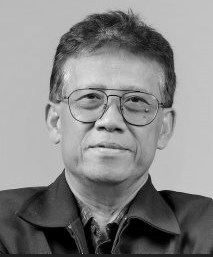Mangrove ecotourism offers a sustainable approach to utilizing Indonesia's extensive mangrove ecosystems as tourist destinations, balancing nature conservation with economic benefits for local communities. Despite the recognized ecological and economic significance of mangrove ecotourism, tourist loyalty within this niche remains underexplored. This study examines the interplay between push factors (internal motivations) and pull factors (destination appeal) in shaping loyalty among visitors to Indonesian mangrove ecotourism sites. Using data from 403 ecotourists, our findings reveal that both motivation types significantly influence loyalty, with pull factors—particularly the unique environmental features of mangrove ecosystems—exerting the strongest influence. These results underscore the critical role of high-quality experiences and wellness-oriented attractions in fostering sustained visitor engagement and satisfaction. Our research offers practical insights for ecotourism management, emphasizing the importance of destination uniqueness, environmental education, and wellness-enhancing features to boost tourist loyalty and satisfaction. This study contributes to ecotourism literature by elucidating the push and pull motivations that strengthen sustainable tourism practices, offering a policy and management model to maximize both ecological conservation and economic resilience in mangrove destinations.
Timings
10.00am: Guests arrive
10.15am: CoE Introduction
10.20am: Keynote Speaker
10.50am: Q&A Session
11.00am: Speaking finishes, guests network
11.30am: Event finishes
Friday 29 November
10.00am - 11.30am
B.linc Workshop, Lincoln University
About Our Speaker
Dwi Suhartanto is a Professor of Marketing at Politeknik Negeri Bandung, Indonesia. He holds a PhD in Marketing from Lincoln University, New Zealand. His research interests focus on consumer behavior across various contexts, including tourism, transportation, and banking. Prof. Suhartanto has been actively engaged in research and published extensively in numerous peer-reviewed and high-impact journals. In recognition of his contributions, he has been globally acknowledged in the top 2% of scientists worldwide over the past four years, according to the Elsevier/Stanford University rankings.


